Affordable Culinary Schools Key Takeaways:
- Affordable paths exist — Community colleges and regional institutes like ACC, JCCC, Alvin, Butler (Redler), and LATTC provide culinary education at tuition rates as low as $2,700–$11,000, compared to private schools costing $30k–$50k+.
- Hands-on training matters — Each school features a professional kitchen setting, student-run restaurants, or externships to help students gain real world experience and build practical culinary skills.
- Career readiness is the goal — With a comprehensive curriculum covering culinary techniques, basic knife skills, pastry, and even business management, graduates are well-prepared to succeed as sous chefs, restaurant managers, or even future executive chefs.
Below, we’ll explore five highly regarded and accessible institutions where students can pursue a culinary arts degree, associate program, or certificate while keeping costs in check.
Each school blends affordability with quality instruction from experienced chef instructors, ensuring graduates are ready to step into roles such as sous chef, executive chef, restaurant manager, or catering manager.
Why Affordable Culinary Education Matters
The culinary industry is competitive, and while the prestige of certain high-cost institutes is undeniable, not every aspiring Chef can—or should—spend upwards of $50,000 per year.
Affordable programs help democratize access to professional training, giving motivated students the tools they need to succeed.
- Financial aid and scholarships are often available, further reducing the burden of tuition.
- Students can access culinary classes that provide both theory and practice, making them career-ready upon graduation.
- Many programs emphasize teaching culinary techniques in ways that prepare students for immediate employment while still leaving doors open for advanced study.
By attending the right culinary school, students gain confidence, develop fundamentals, and build the network necessary for future success in the hospitality industry.
1. Austin Community College (ACC) — Austin, Texas
ACC offers an Associate of Applied Science in Culinary Arts and certificate tracks (including pastry arts) in a real professional kitchen setting.
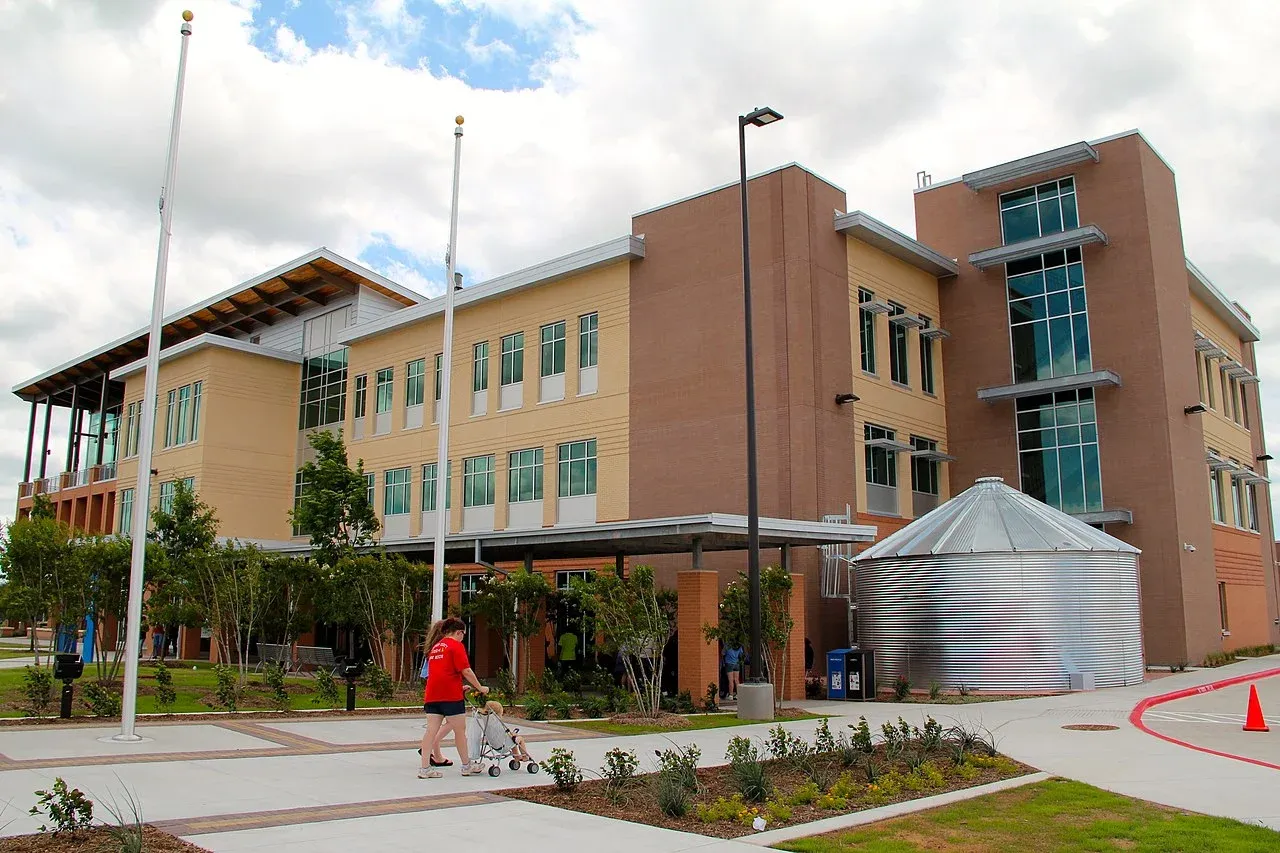
You get training from chef instructors, gain basic knife skills, culinary techniques, and learn both cooking and business fundamentals.
The comprehensive curriculum prepares students for roles like line cook, sous chef, or kitchen manager.
Tuition & Cost
- Culinary Arts Certificate (In-district): ≈ US$4,596.73 total for the certificate.
- Associate of Applied Science (AAS) in Culinary Arts (In-district): ≈ US$6,978.13.
- Out-of-district/out-of-state tuition will be higher, and don’t forget costs for books, uniforms, tools, supplies. ACC provides financial aid and scholarships.
What You Get
- A professional kitchen environment with student-run restaurants.
- Faculty of chefs with experience.
- Strong training in culinary skills, sanitation, cost control, and business fundamentals.
- Hands-on real world experience via practicum / internships.
2. Redler Institute of Culinary Arts at Butler Community College (Andover, Kansas)
The Redler Institute is part of Butler Community College. It’s built for students who want culinary programs that are affordable, practical, and job-oriented.
Students learn cooking, pastry arts, menu development, safety, knife skills, cost control, and business operations.
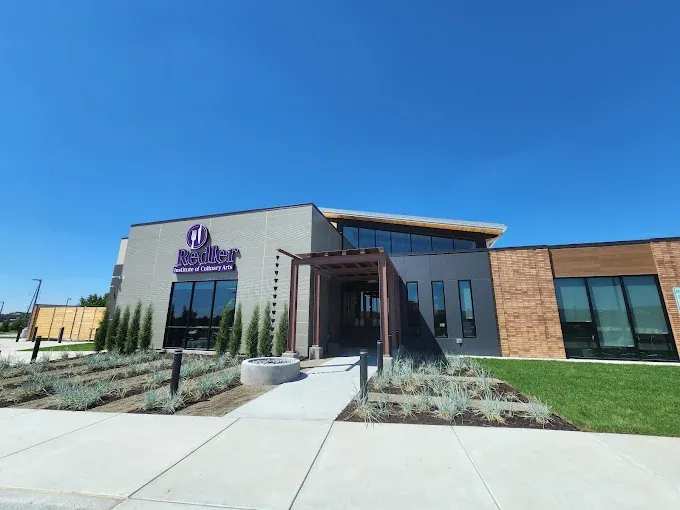
It’s more about training chefs for the industry, less about fancy prestige for its own sake.
Tuition & Cost
- Associate of Applied Science (Culinary Arts): US$10,911 total program cost.
- Culinarian Certificate (16 credits): US$5,149.
- Other certificate paths (e.g. Food Truck Entrepreneurship, Event Management) likely cost more depending on credits.
What You Get
- Strong chef instructors and a facility with two learning kitchens.
- Training in culinary techniques, pastry arts, business aspects.
- Real-world prep: menus, food safety, purchasing, operations.
3. Alvin Community College — Alvin, Texas
Alvin CC gives students solid fundamentals, certification or associate degree options.
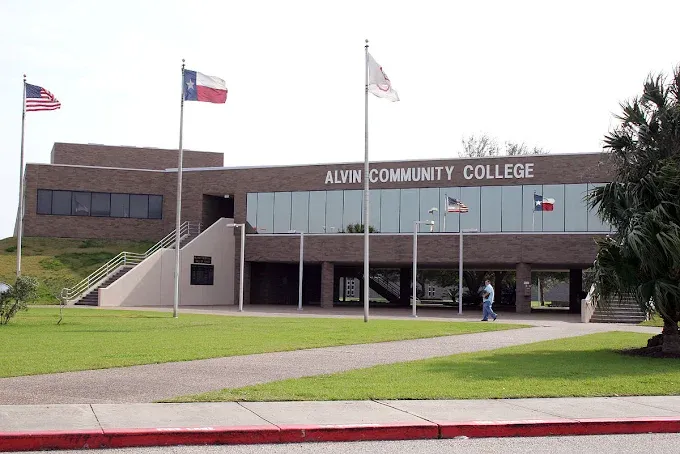
Emphasis on applied culinary skills, kitchen safety, cooking classes, and managerial/business skills necessary in the hospitality industry.
Good for students who want an affordable culinary degree without a huge time or cost commitment.
Tuition & Cost
- For in-district students: ≈ US$5,269 for the A.A.S. degree (tuition + fees).
- For out-of-district: ≈ US$7,519 for the same program.
- Certificate options are cheaper; classes’ supplies/books may add extra.
What You Get
- A thorough comprehensive curriculum: cooking fundamentals, basic knife skills, sanitation, cost control, supervision.
- Faculty with industry experience.
- Certificate options for quicker completion or specialization.
4. Johnson County Community College (JCCC) — Overland Park, Kansas
JCCC is a public college with strong credentials. You get an associate in applied science, certificates in pastry/baking, and restaurant management.
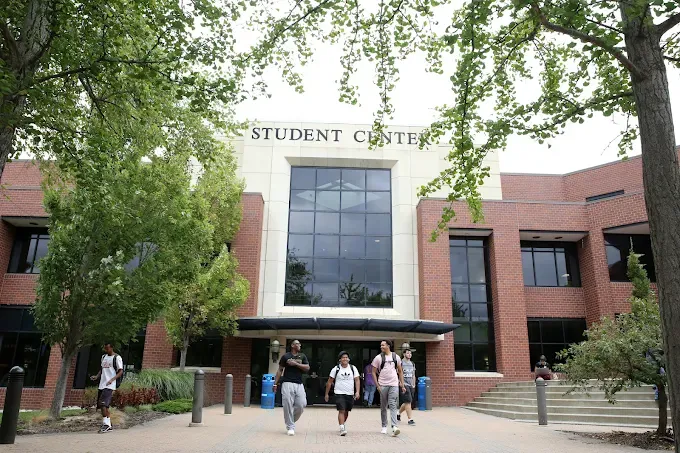
The training includes both technical culinary techniques and business/managerial training.
Good facilities to practice in a professional kitchen setting. Supports future success with varied career opportunities.
Tuition & Cost
- In-state / in-district tuition: approximately US$2,784/year for full-time, for residents.
- Out-of-district or non-resident rates are higher.
- Note: this cost covers tuition/fees; books, uniforms, materials extra.
What You Get
- Solid chef instructors.
- Hands-on culinary classes, including fundamentals, techniques, pastry.
- Restaurant & catering manager training.
5. Los Angeles Trade-Technical College (LATTC) — Los Angeles, California
LATTC has been known for its strong public, accessible culinary arts program.
It offers professional kitchen labs, training by chef instructors, certificate and associate tracks, plus exposure to the fast-paced food scene of LA.

For students who want exposure to diversity in cuisine and real restaurants, this can be a compelling choice.
Tuition & Cost
- Approximate annual cost (12 units per semester / in-state): ≈ US$10,152 per year (tuition & fees for two semesters).
- Cost per unit is about $46/unit; this is very low compared to private schools.
- Out-of-state fees are higher. Books, supplies, uniforms add extra.
What You Get
- Strong emphasis on hands-on training, culinary techniques, recipes, pastry and savory alike.
- Access to chef instructors, student-run food service operations.
- Courses preparing for roles: line cook → sous chef → possibly executive chef or restaurant manager.
Affordable Culinary Schools Comparison Table
| School | Program(s) Offered | Total / Approx Tuition (In-State or In-District) | What You Gain (Skills / Experience) |
|---|---|---|---|
| ACC (Austin CC, TX) | Certificate, Associate (Culinary Arts & Pastry Arts) | Certificate ~ US$4,596.73; Associate ~ US$6,978.13 | Basic knife skills, culinary techniques, business & management, real kitchen labs, externships/practicums |
| Redler Institute (Butler CC, KS) | Associate & Certificates | Associate ~$10,911; Certificate ~$5,149 | Hands-on training, kitchen operations, menu development, pastry arts, food safety |
| Alvin Community College (TX) | A.A.S Degree, Certificates | Degree ~$5,269 (in-district) | Foundational cooking, business courses, supervision, pastry/specialized tracks |
| JCCC (Kansas) | Associate & Certificates in Culinary / Pastry / Management | ~$2,784/year for resident full-time students | Strong hands-on labs, fundamentals, career pathways: restaurant, catering, hotel, etc. |
| LATTC (Los Angeles, CA) | Associate & Certificates | ~$10,152/year (for 12 units per semester) in-state tuition/fees | Real-world kitchen settings, exposure to diverse food world, pastry & savory, chef faculty, management training |
How to Choose the Best Affordable Culinary School
When evaluating affordable culinary schools, consider these key factors so that you’re not just choosing the cheapest, but the best value:
- Program Quality & Curriculum: Look for schools with comprehensive curricula that cover fundamentals—not just cooking basics, but also business, sanitation, cost control, menu development, pastry arts, kitchen management, etc.
- Hands-On Training & Real Kitchen Exposure: Schools that have working kitchens, student-run restaurants, externships, or catering operations give students experience with real pressures, authentic kitchen workflow, professional kitchen settings.
- Chef Instructors / Faculty: The skills of the teaching staff matter. Instructors who have real culinary industry experience or who work as professional chefs bring culinary techniques, mentoring, and connections.
- Tuition + Hidden Costs: Don’t just look at sticker price. Add supplies, uniforms, knife kits, books, food lab fees, etc. Also look into financial aid, scholarships, and grants.
- Time Commitment vs Return: Certificates are faster; associate degrees take longer but open more doors (e.g. for restaurant management, sous chef, etc.). Choose what aligns with your goals.
- Career Opportunities: How good is the job placement? Does the school help students gain real-world experience so upon graduation you can walk into roles such as line cook, sous chef, restaurant manager, etc.?
Affordable Culinary Schools: Final Thoughts
If you’re serious about a culinary arts degree or certificate, these five schools offer solid paths toward a successful culinary career—with culinary programs that teach cooking and pastry, fundamental techniques, business sense, and real kitchen work—without charging the sky-high fees of elite private institutes.
- Cheapest among them is JCCC, then ACC, Alvin, and Redler Institute – all of which offer strong value.
- LATTC is a bit higher, but still far below private school costs, especially given its location and facilities.
By choosing one of these, you can gain culinary skills, basic knife skills, hands-on training in a professional kitchen, and a degree program (or certificate) that can help you break into the culinary industry, all while keeping cost and debt much more manageable.
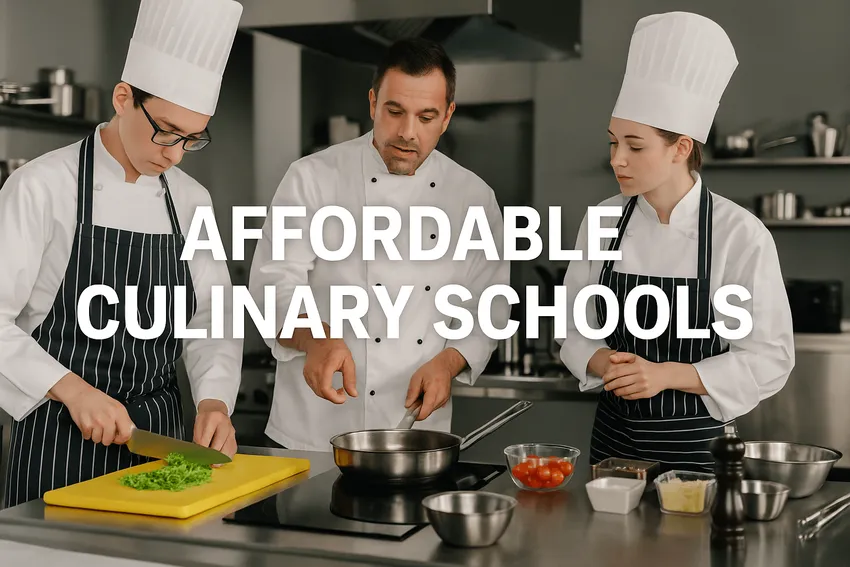






Loading comments...